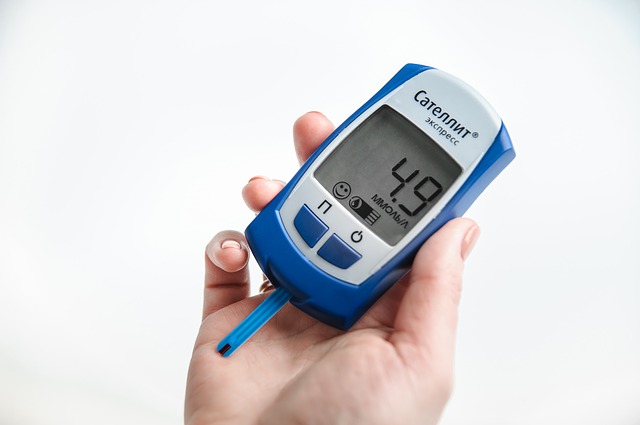Diabetes is a chronic disease that can greatly affect the life of the sufferer. Some types of diabetes can affect the patient more than others, and there is a tendency for people to label one type of diabetes as “the good kind” when compared with the others, however this is a detrimental fallacy.
The truth is that diabetes can be debilitating, and without proper management can escalate into truly devastating symptoms that have life-long repercussions for those living with it. However, as both diagnoses and costs of diabetes continue to escalate, campus and online DNP : FNP programs need to be the first to adopt new learning and information about the care of this all-too much overlooked condition.
What is Diabetes?
When we feel hungry, that’s not just our body saying “I really want food.” It’s our body saying that it needs fuel, sustenance, energy. Eating is important to sustain us because it powers our cell’s ability to move.
Energy in the body comes in the form of Adenosine Triphosphate, or ATP. This molecule needs to be present within the body for most of its basic functions, like muscle contraction. Rigor mortis, immovable stiffness after death, occurs because of the body’s complete lack of ATP. This vital molecule is produced in one of three ways:
Glycolysis is the process by which the body splits glucose (sugar) into carbon molecules called “pyruvates,” an essential element of oxidation and metabolism.
The “Krebs Cycle” is a biorhythmic cycle that creates energy.
Oxidative phosphorylation is the final process of cellular respiration, and synthesizes ATP molecules to produce energy.
When you eat food, the body will break it down into energy in the form of sugar which it releases into the bloodstream. The content of sugar in your blood is known as “blood sugar level.” When this level is high, (there is more sugar in your body than can be realistically transported by your bloodstream), your pancreas releases insulin. Insulin is a hormone that regulates the release of energy from the blood to the body’s cells. You can imagine it as a dam preventing a flood from storm waters.
Diabetes is what happens when your blood sugar levels are so high, that your body either can’t produce enough insulin, or can’t use the insulin it has properly. This results in an over-saturation of sugar in the bloodstream.
Type 1 diabetes occurs when your body’s immune system actively attacks the cells in your pancreas that produce insulin. This means that people with Type 1 diabetes produce little to no insulin. Their dam is broken and crumbling.
Type 2 diabetes is the most common, and differs from type 1 in that it produces insulin well enough, but the cells that would normally use it to regulate blood sugar simply don’t respond. The dam is fully constructed but it’s below water level.
There is no cure for diabetes, but type 2 can be managed and “reversed,” which simply means that the blood sugar levels return to normal and the body won’t freak out in the presence of excess sugar. However, even when reversed the body will still react to insulin the same way, which is to say for type-2 diabetics, it won’t react at all. Type 1 diabetics cannot reverse their condition.
The Current State of Diabetic Care
Despite the fact that diabetes is one of the most common diseases in the US, recent studies show that although clinicians understand the verified methods of diabetes management and remission; there is a vast number of diabetic people in the US for whom diabetes carries a significant impact on their lives, and that many people are still being ineffectively cared for.
Across all reviews and research into this issue the general consensus seems to be that meeting the challenge of improving diabetic care involves several core methodologies.
The first is that caring for diabetics needs to center around the patient rather than the condition. Diabetes requires lifelong changes in nearly every aspect of the diabetic’s life in order to go into remission, it can’t simply be treated by taking a pill and going home, but rather demands specialist, holistic, precision care tailored to the needs of the specific patient. Fortunately, this criteria may be fulfilled in a very widespread way through an emerging medical branch known as “precision medicine.”
The second is to consider diabetes as the lifelong illness it is, and to account for a rapidly aging population, living long lives with the condition’s myriad debilitations.
Finally, there needs to be a re-evaluation of how we view diabetics socially. Many people in our country consider diabetes to be the fault of the patient. Diabetes is a disease that is heavily stigmatized and met with an abject lack of sympathy. However the evidence suggests that there is far more to diabetes than simply binging and neglecting an active lifestyle. However due to the existing prejudices there is simply a lack of overall support.
Diabetes is tragic in that it is an invisible disease that takes a significant toll on the quality of life and holistic health of the diabetic. However, with new knowledge and advances in medicine, diabetics are in a better position than ever to live a long, prosperous life with their condition. All they need is the right approach from clinicians, ample consideration for their future, and social support.





